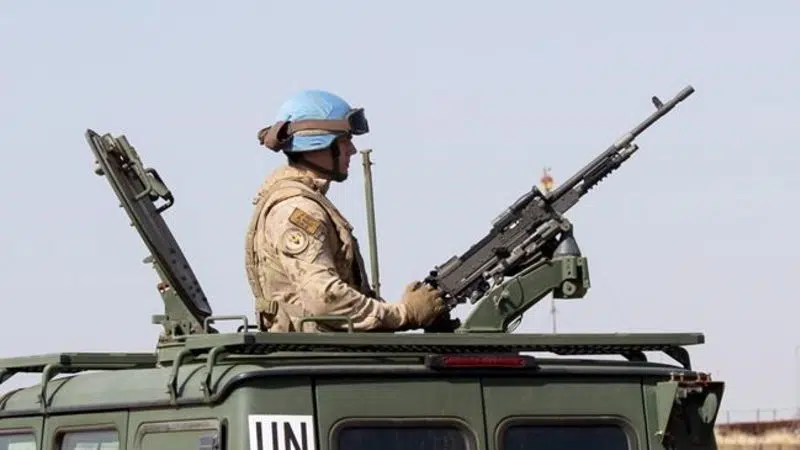
Liberals push end of Mali peacekeeping mission to August
OTTAWA — The Canadian Forces’ peacekeeping mission in Mali is going to last a little longer than previously planned — but not as long as the United Nations hoped.
Canada’s operations in the African nation were supposed to cease at the end of July and the eight helicopters and 250 military personnel providing transportation and logistics help in a UN mission there were to come home.
The UN had asked Canada to stay until October, when Romanian troops take over, to minimize a gap in providing lifesaving medical evacuations for injured UN peacekeepers.
Global Affairs Canada said Friday that operations will wind down after July 31 and gradually be restricted to only medical evacuations until Aug. 31.


